It’s necessary to stay informed about the hair care products you use, as many commonly marketed items can pose risks to your hair health. In 2025, experts urge you to steer clear of products containing certain harmful ingredients that can lead to long-term damage. From sulfates to formaldehyde, understanding what to avoid will keep your hair vibrant and strong. Join us as we explore seven specific products that experts recommend you cut from your routine for healthier, happier tresses.
Table of Contents
Key Takeaways: 7 Hair Care Products Experts Say You Should Avoid
- Sulfates: Many experts advise against products containing sulfates as they can strip natural oils from the hair, leading to dryness.
- Silicones: While they may provide temporary shine, silicones can build up on hair, requiring clarifying shampoos that may further damage hair health.
- Alcohol: Certain alcohols in hair products can be extremely drying, contributing to frizz and damage over time.
- Parabens: These preservatives are being phased out due to concerns about skin absorption and potential health risks.
- Artificial Fragrances: Ingredients that provide synthetic scents can cause irritation and allergic reactions for some individuals.
- Formaldehyde-releasing agents: Products containing these chemicals may pose health risks and have been linked to allergic reactions.
- Heavy waxes: Products with heavy waxes can weigh down hair and may lead to product buildup, affecting the overall appearance and health of hair.
Sulfate Shampoos: The Harsh Cleansing Agents
A common staple in many your hair care routines, sulfate shampoos are known for their ability to create a rich, foamy lather. However, you should be aware that these harsh cleansing agents can strip your hair of its natural oils, leaving it dry, brittle, and prone to damage. For individuals with color-treated or textured hair, sulfates can further exacerbate issues like fading and breakage, making it important to consider gentler alternatives that maintain your hair’s health.
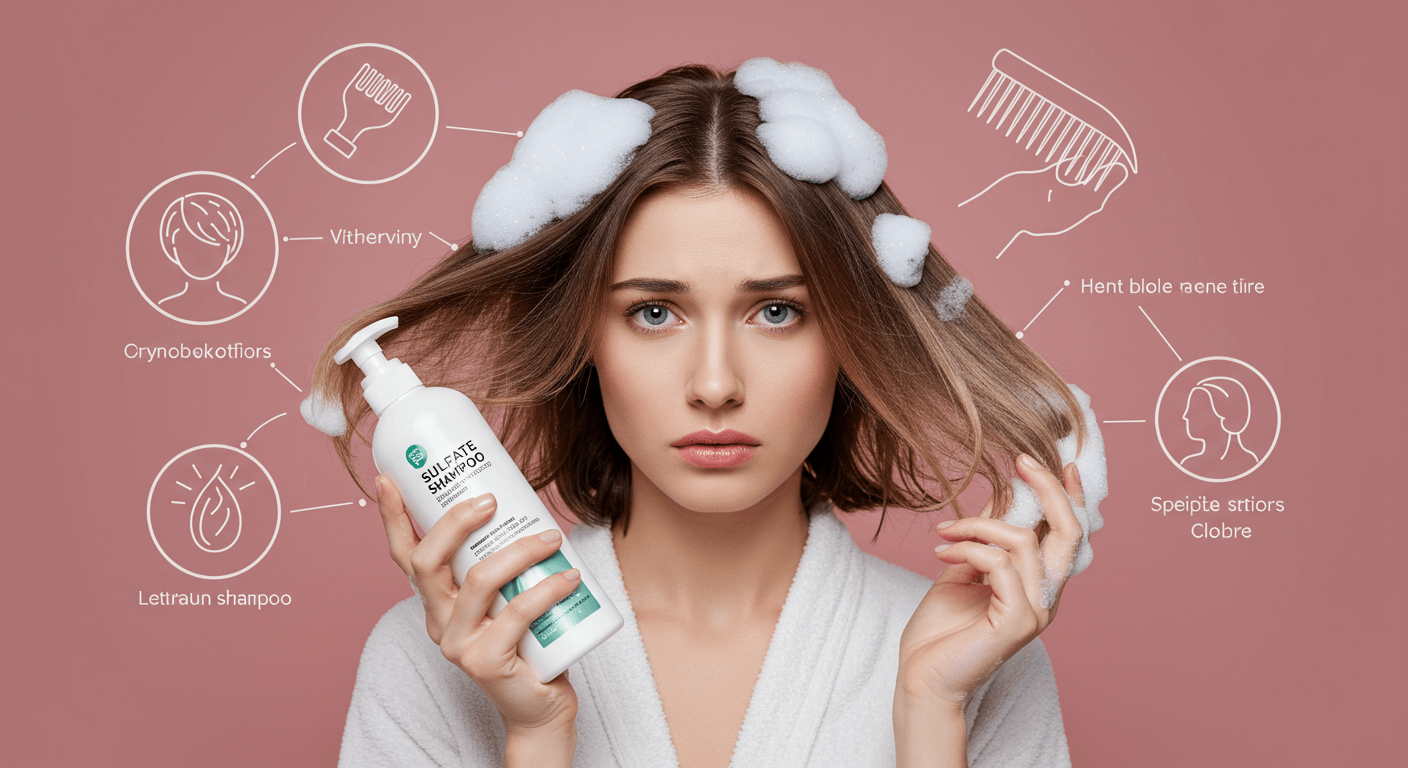
Your scalp and hair can greatly benefit from sulfates-free options, which cleanse effectively without the stripping effects. Choosing sulfate-free shampoos can help maintain your hair’s moisture balance, allowing for a healthier look and feel. As you navigate your hair care choices in 2025, consider the potential long-term impacts of using sulfate shampoos, and lean towards products that respect the natural integrity of your hair.
Parabens: Understanding the Controversy
Before you reach for your favorite shampoo or conditioner, you should be aware of the ongoing debate surrounding parabens. These synthetic preservatives are commonly found in a wide range of hair care products due to their effectiveness in preventing the growth of harmful bacteria and mold. However, concerns have been raised about their potential link to hormonal disruptions and increased risks of certain health issues, including breast cancer. As consumers become more health-conscious, it’s imperative for you to evaluate the products you use and the ingredients they contain.
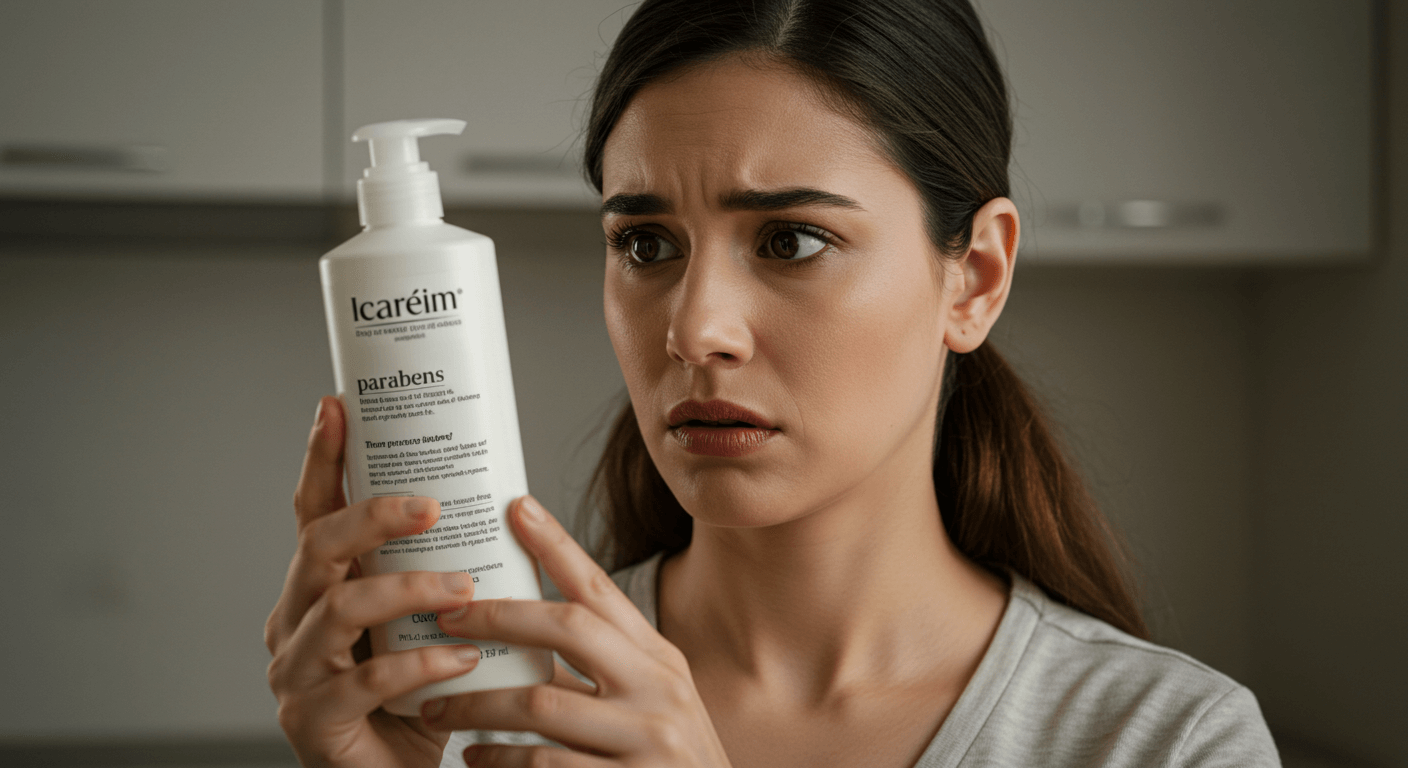
While the scientific community is still divided on the risks associated with parabens, some studies have detected traces of these compounds in human tissues and breast tumors, fueling the debate. As you navigate your hair care choices in 2025, consider opting for paraben-free alternatives that prioritize your health without compromising on performance. By being proactive about your hair care regimen and understanding the ingredients involved, you can make informed decisions that align with your values and well-being.
Silicones: The Allure and the Build-Up
While you may have been drawn to hair care products that contain silicones for their ability to create a smooth, shiny finish and reduce frizz, it’s important to understand the potential drawbacks of regular use. Silicones can temporarily improve the appearance of your hair by coating each strand, making it more manageable and giving it a polished look. However, this same property can lead to a significant build-up over time, making your hair feel heavy, greasy, or dull. If you’re not using clarifying shampoos regularly, the accumulation of silicones can result in a lack of moisture and create an environment that is less than ideal for healthy hair.
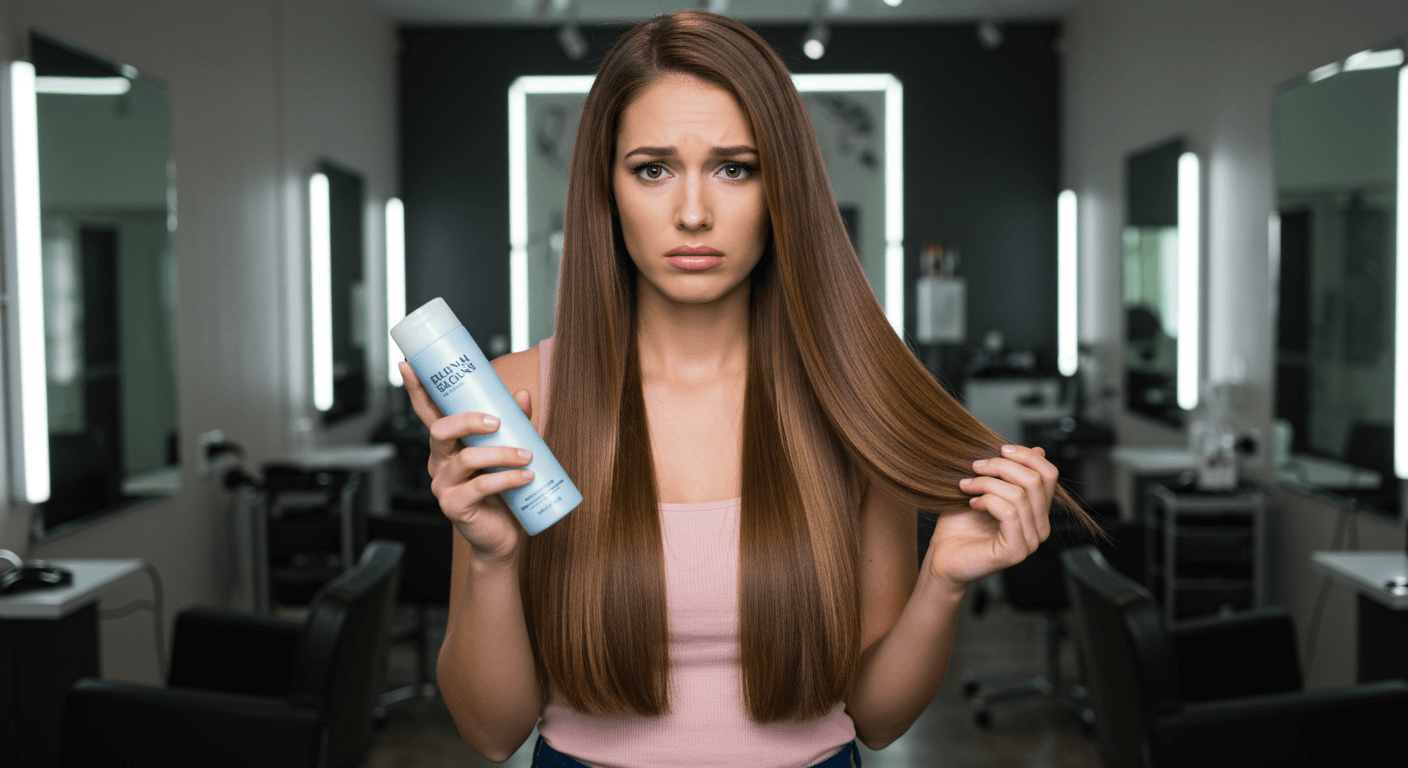
In 2025, many experts recommend considering alternative ingredients that promote hair health without the drawbacks associated with silicones. Ingredients like natural oils and botanical extracts can provide similar moisturizing and smoothing benefits without the risk of build-up. By reevaluating your hair care routine and selecting products that nourish rather than just mask, you can foster healthier, more vibrant hair long-term.
Alcohol-Based Products: The Drying Effect
Any time you reach for hair care products, it’s important to be aware of the potential impact of alcohol-based formulas on your hair’s health. While these products may promise to offer quick solutions like added volume or a sleek finish, their drying effect can lead to long-term damage. The high alcohol content can strip your hair of its natural moisture, resulting in a brittle and frizzy appearance. You may end up needing to invest in more conditioning treatments to counteract the drying effects, making it a less effective choice in the long run.
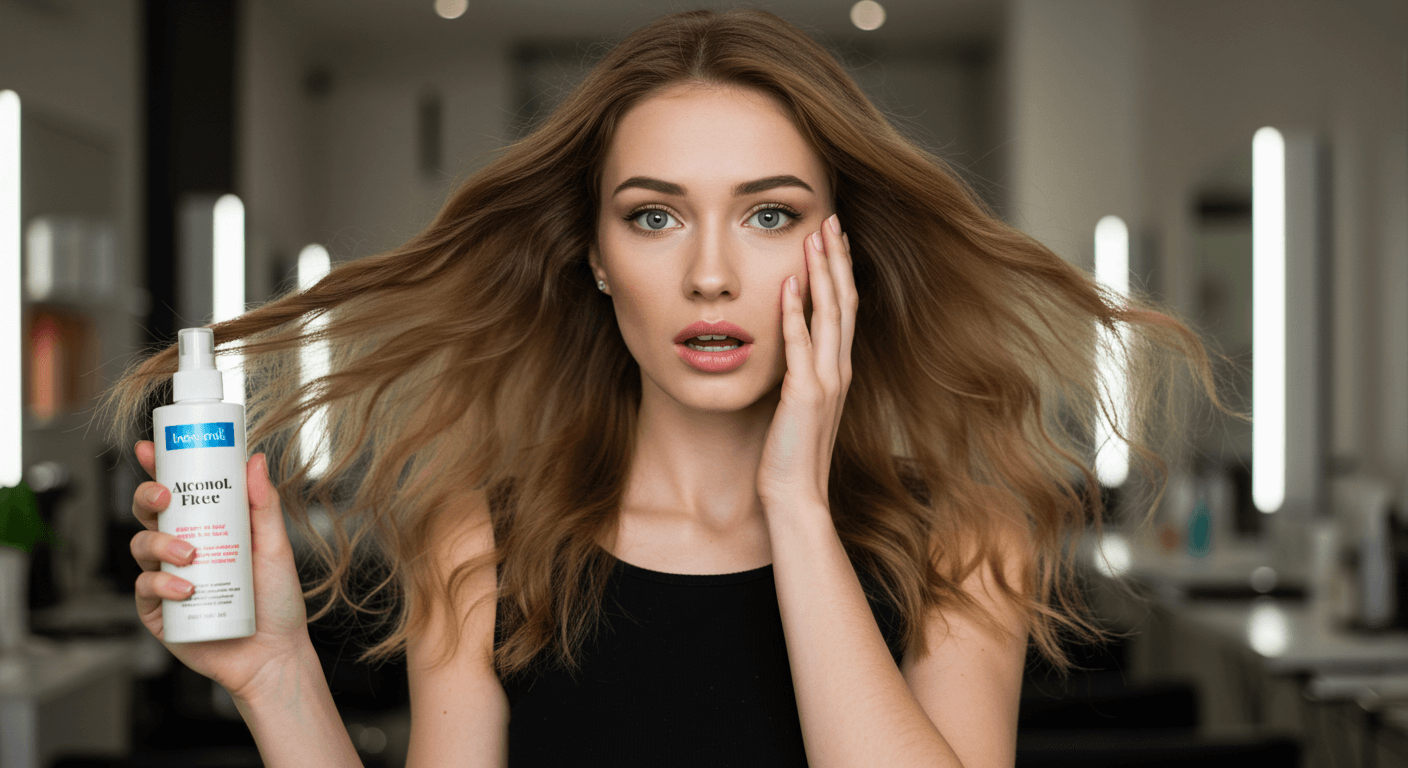
Moreover, using alcohol-based products consistently may cause scalp irritation and exacerbate issues like dandruff or itchiness. Your hair deserves better, and opting for alcohol-free alternatives can maintain its natural shine and strength. Many hair care experts recommend focusing on products that nourish and hydrate, allowing your natural beauty to shine through without the negative side effects associated with alcohol. Your choice of hair care can make a noticeable difference, so prioritize products that support your hair’s overall health.
Heat Protectants: Why They Might Not Be Effective
Assuming you rely on heat protectant products to shield your hair from damage, it’s important to understand that they might not be as effective as advertised. While these products claim to create a barrier between your hair and the high temperatures from styling tools, research suggests that the level of protection they provide is often insufficient. The ingredients used in many heat protectants can vary significantly, and some may not withstand the intense heat generated by straighteners and curling irons, leaving your strands susceptible to breakage and dryness.
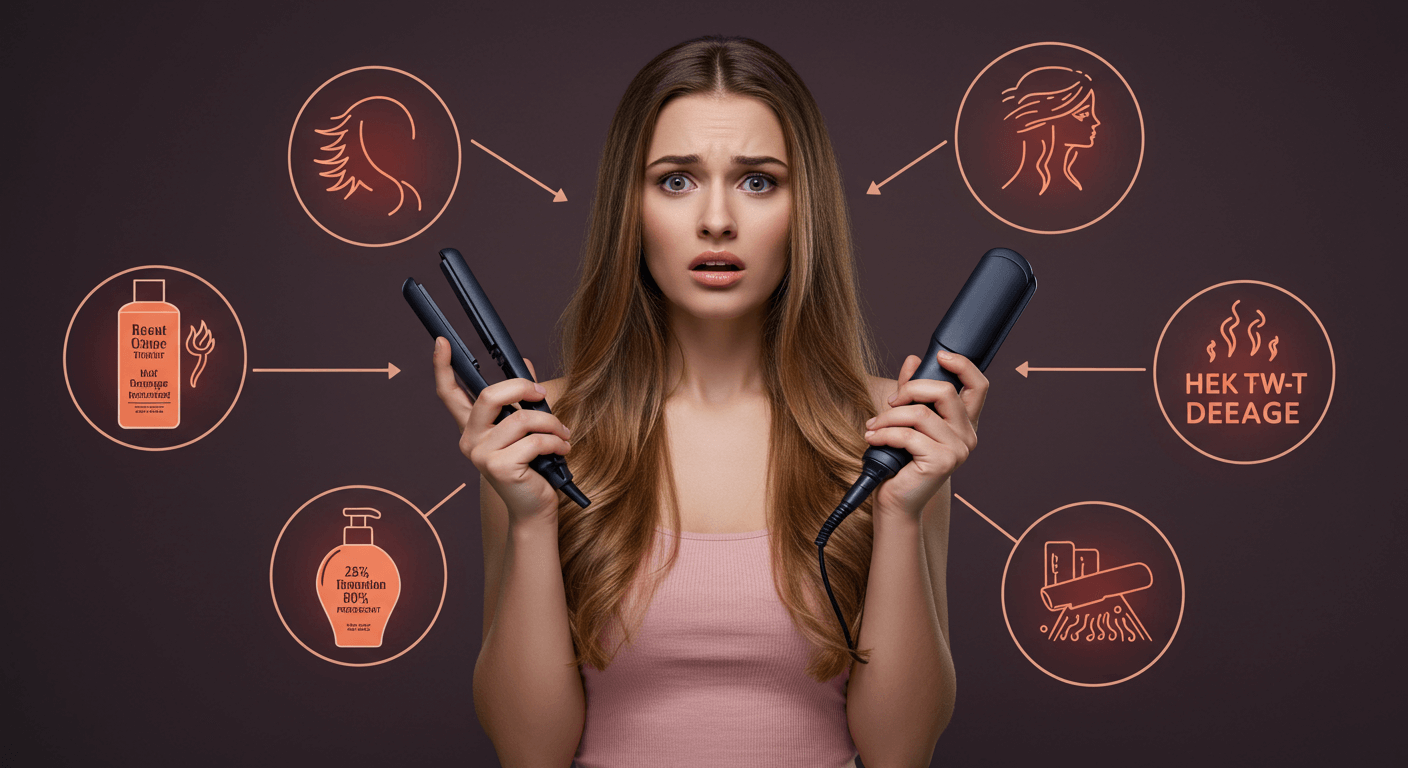
Additionally, even when using a heat protectant, overexposure to heat is a leading cause of damage. If you frequently style your hair with high temperatures, relying solely on a heat protectant can create a false sense of security. To truly protect your hair, consider limiting heat styling sessions and integrating protective hairstyles into your routine. Your hair may benefit from embracing its natural texture, thus minimizing the need for heat altogether.
Curl Creams: When They Do More Harm than Good
Even if you’re seeking the perfect curl definition and frizz control, you should be aware that some curl creams can actually do more harm than good. Many popular products on the market are laden with ingredients like silicones and heavy waxes that can weigh down your curls, leading to a lack of volume and a greasy appearance. These substances can also build up over time, making your hair feel less responsive to the styling process and even causing breakage. If you notice your curls becoming limp and dull, it might be time to reevaluate the products you’re using.
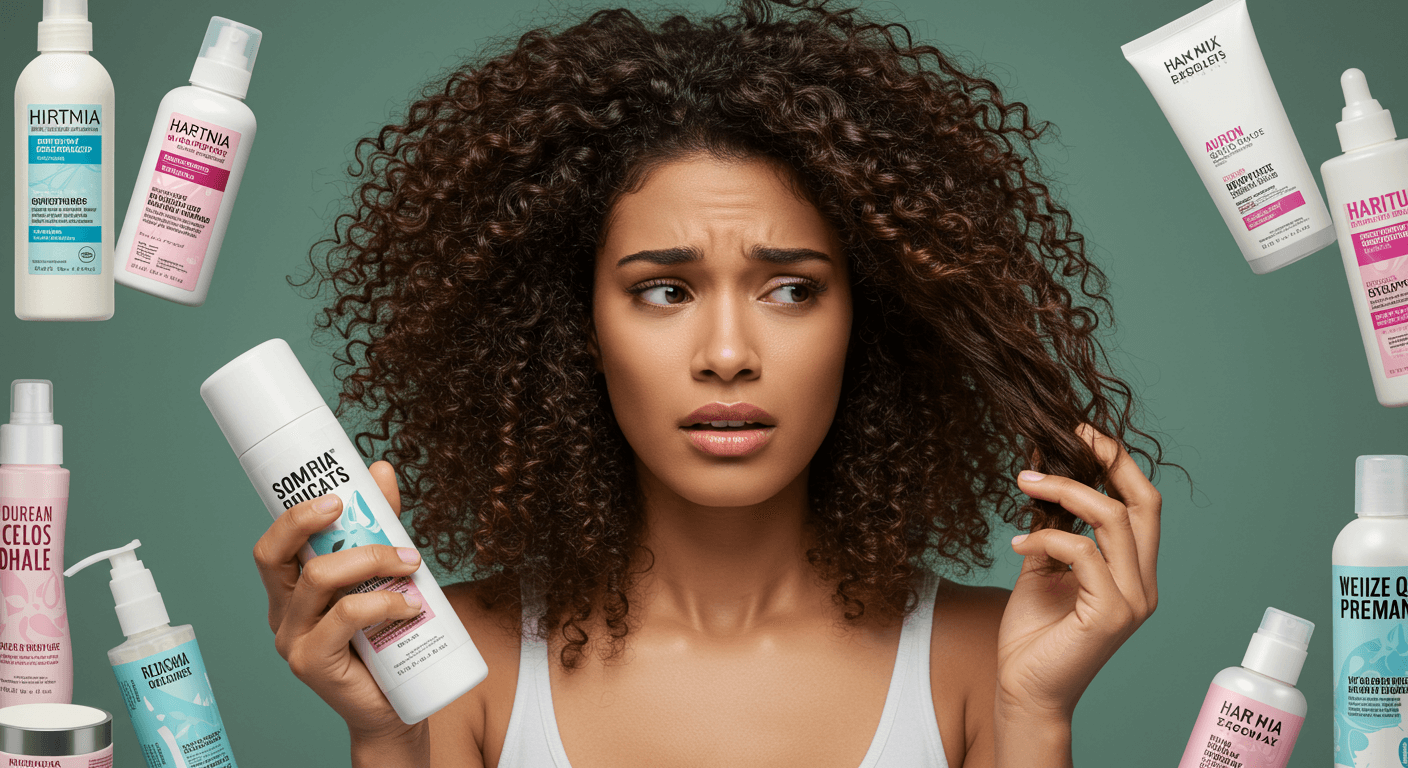
While not all curl creams are detrimental, those that rely on harmful chemicals often result in long-term damage instead of enhancing your natural texture. It’s imperative to choose products that are free from harsh additives and focus on natural ingredients that nourish your hair. Look for curl creams with beneficial components such as coconut oil, shea butter, or aloe vera, which can moisturize and enhance the elasticity of your curls without creating buildup. By selecting the right products, you can achieve vibrant, healthy curls that are full of life rather than stunted under the weight of damaging ingredients.
Heavy Waxes: The Hidden Weight
While heavy waxes in hair care products may seem like an effective solution for adding definition and hold to your hairstyle, they can often do more harm than good. Products containing heavy waxes tend to build up on the hair shaft and scalp, weighing down your hair and making it feel greasy or unclean. Over time, this buildup can block your scalp’s natural oils from nourishing your hair, leading to dryness, dullness, and even clogged hair follicles.
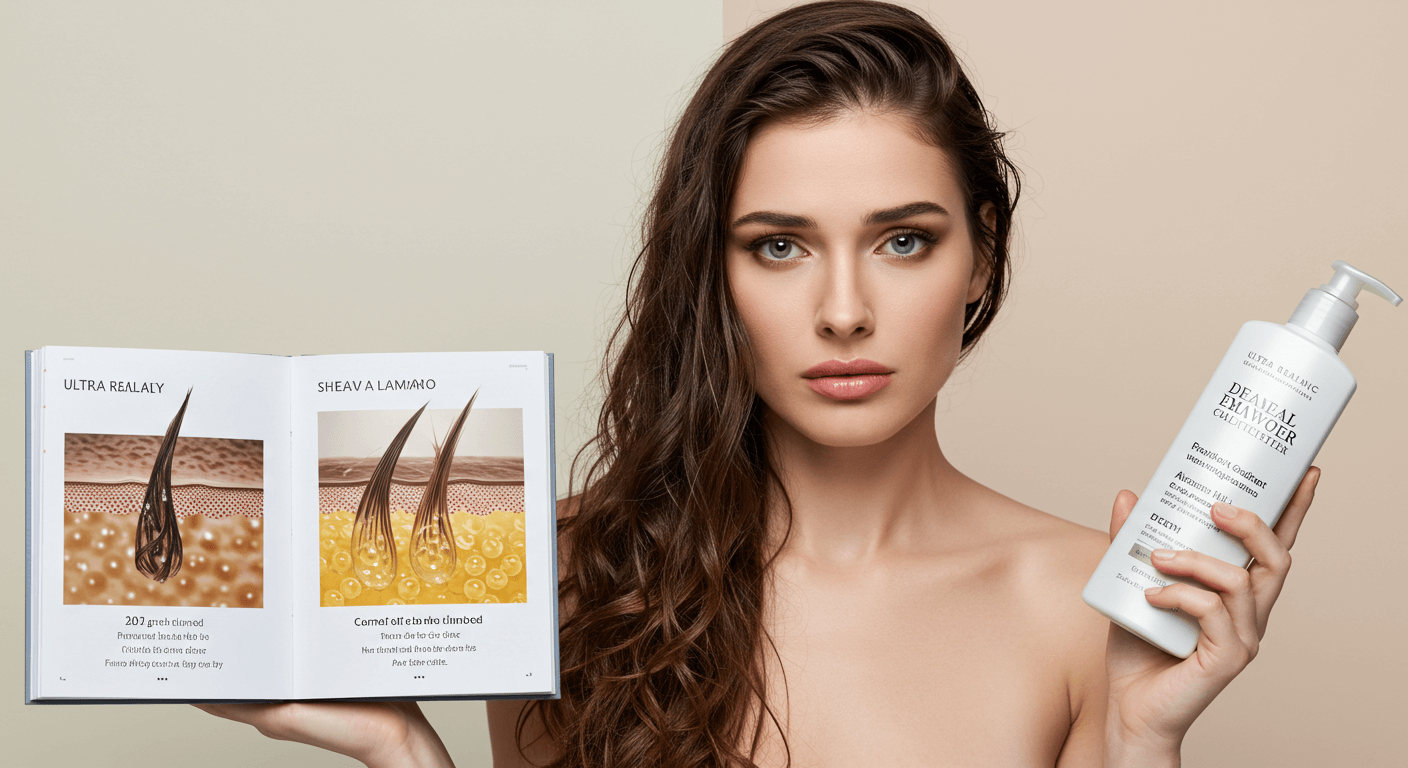
Additionally, removing heavy waxes often requires strong clarifying shampoos, which can strip away essential moisture and exacerbate damage to your hair. Instead of relying on wax-based products, opt for lighter alternatives like water-based pomades or styling creams that offer flexibility without the downsides of excessive buildup. By avoiding heavy waxes, you can maintain healthier, more vibrant hair that’s easier to manage and style.

Final Words
As a reminder, it’s important for you to stay informed about the hair care products you use and their potential impacts. In light of the emerging trends and expert opinions for 2025, avoiding certain products can significantly improve the health and appearance of your hair. The wrong ingredients can lead to build-up, dryness, or even allergic reactions, which is why you should always check labels and consider the long-term effects of the products on your hair. By being mindful of the products you choose, you can ensure that your hair care routine aligns with the best practices recommended by industry professionals.
For further insights into what to embrace in your beauty regimen, consider exploring 8 Hair, Makeup and Skincare Trends to Look Forward to in 2025. This resource will help guide you toward innovative products and practices that promote healthier hair in the coming years. You have the power to curate your hair care routine to not only avoid harmful products but also to incorporate nourishing alternatives that will elevate your hair care experience.
FAQ:
Q: What are some hair care ingredients to avoid in 2025?
A: In 2025, it is advisable to steer clear of products containing sulfates, parabens, and synthetic fragrances. These ingredients can lead to dryness, scalp irritation, and allergic reactions, compromising both hair health and texture.
Q: Why are silicone-based products discouraged?
A: Experts indicate that silicone-based products can create a temporary shine and smoothness, but they can also build up on the hair over time, making it feel dull and heavy. This buildup can prevent moisture from penetrating the hair shaft, ultimately leaving hair lifeless and brittle.
Q: Should I avoid all oils in hair care products?
A: Not all oils are harmful, but many products that contain mineral oil or petroleum-based oils are considered less beneficial. These oils can clog hair follicles and lead to buildup on the scalp. Instead, look for natural oils such as jojoba or argan oil that provide nourishment without the drawbacks.
Q: What types of styling products should I skip?
A: Experts recommend avoiding styling products heavy in alcohol and aerosol sprays. Alcohol can be very drying to the hair, while aerosol sprays can contain propellants and other potentially harmful chemicals that may negatively affect overall hair health. Opt for alcohol-free and water-based alternatives instead.
Q: Are there any specific dyes that should be avoided?
A: Yes, many conventional hair dyes contain ammonia and other harsh chemicals that can damage hair and irritate the scalp. This year, it is a good idea to choose ammonia-free or semi-permanent dyes that utilize more gentle ingredients, providing a safer option for coloring hair while avoiding potential damage.

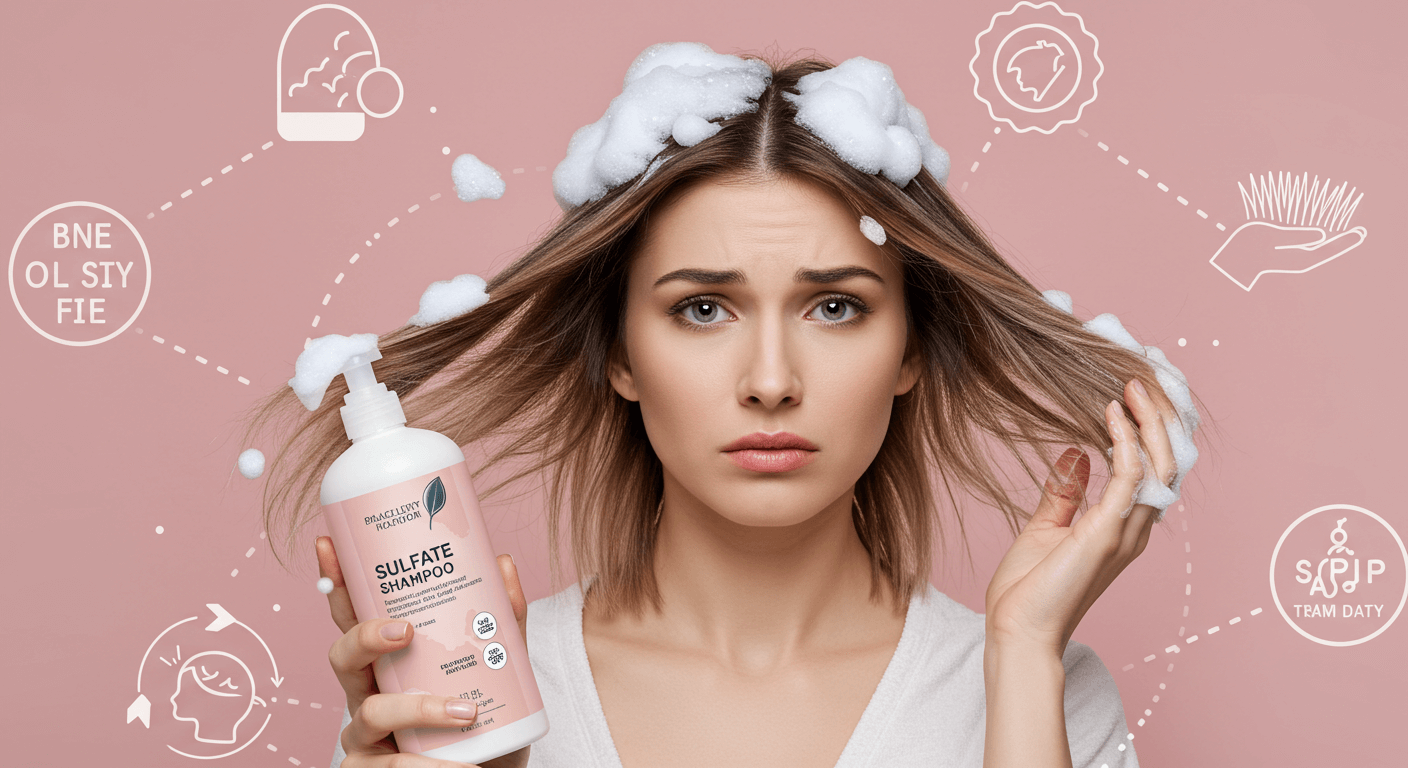



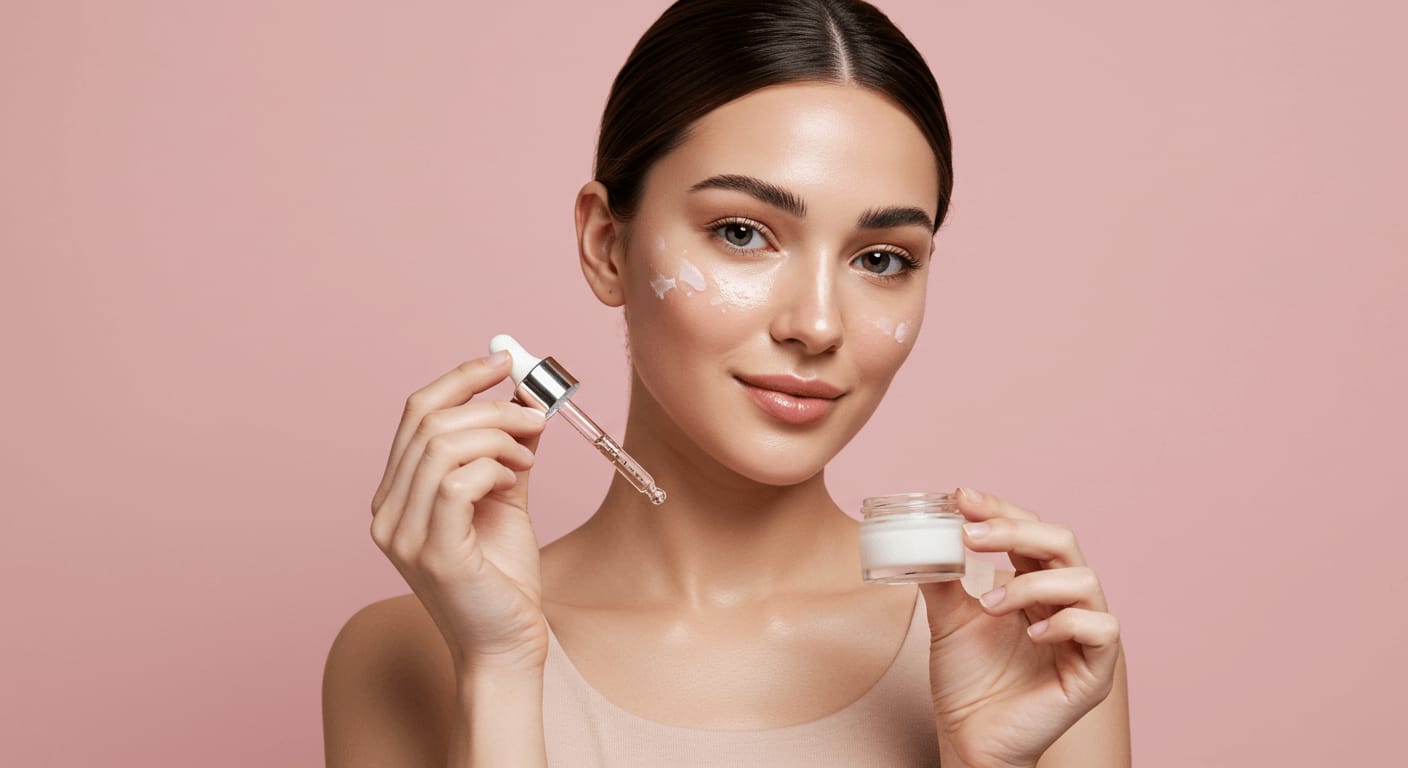

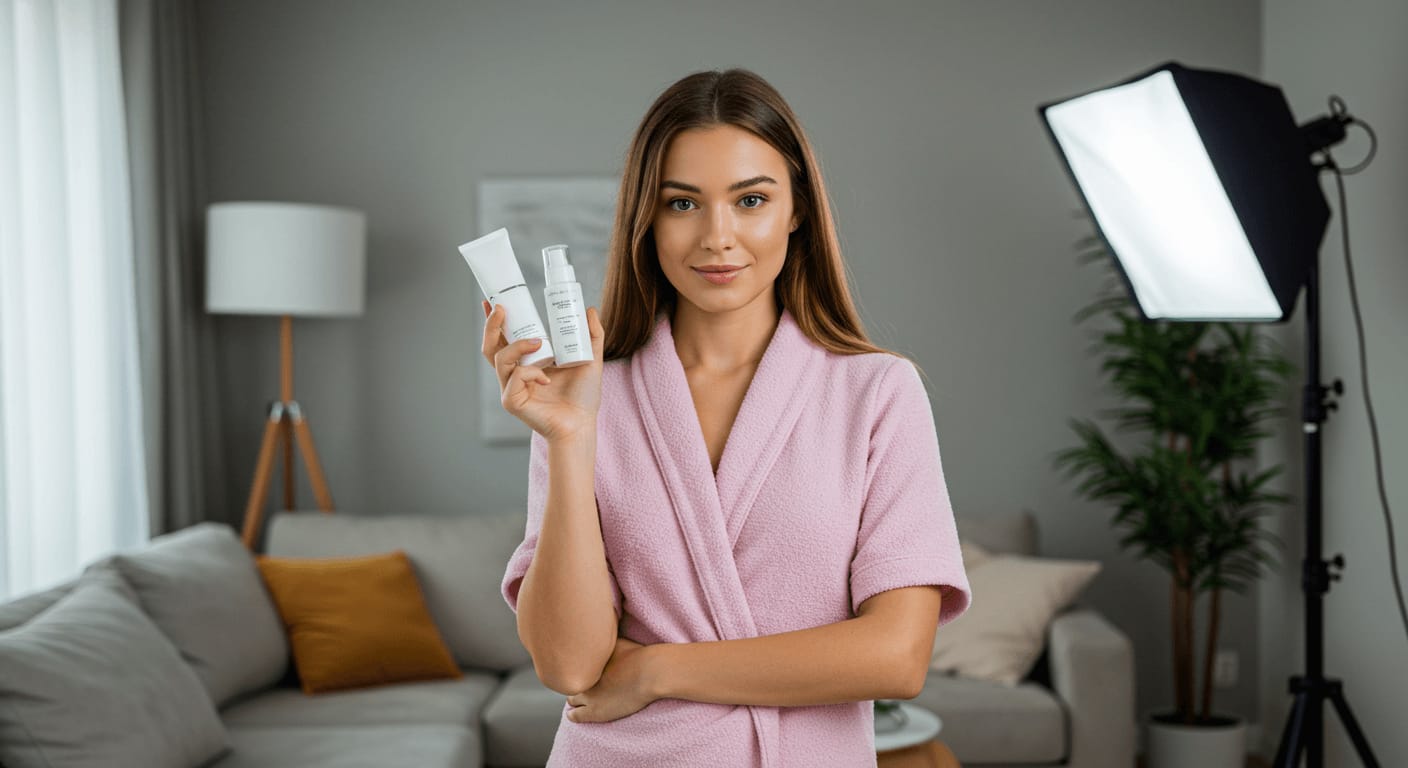

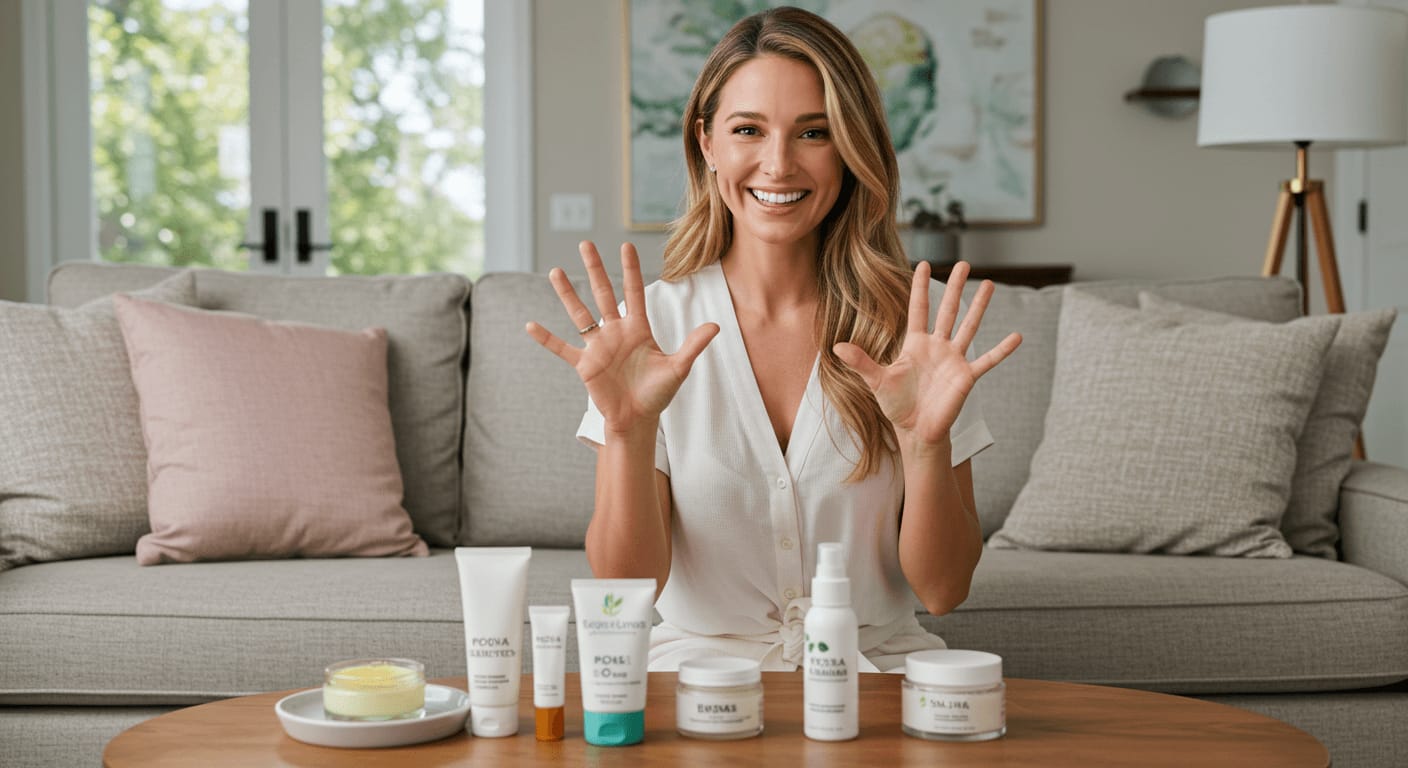

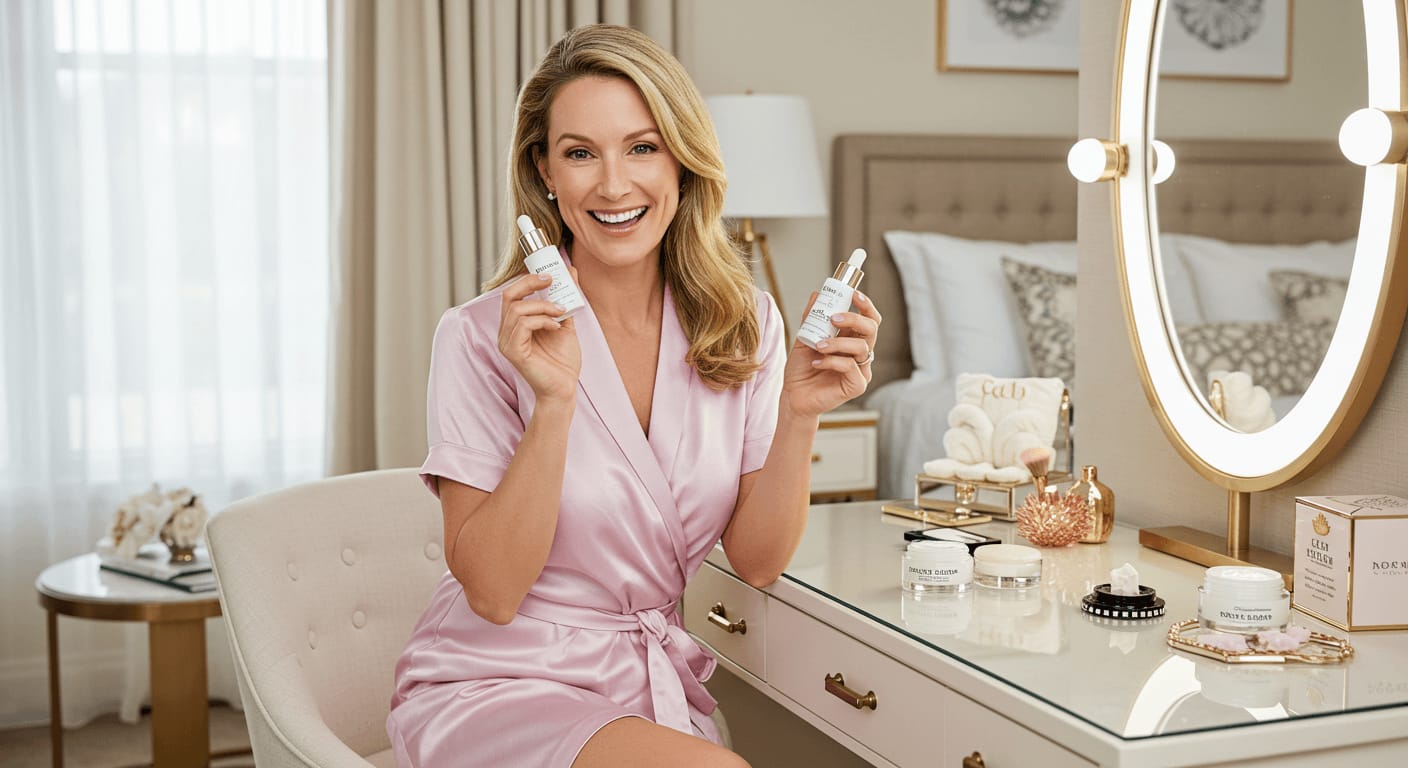

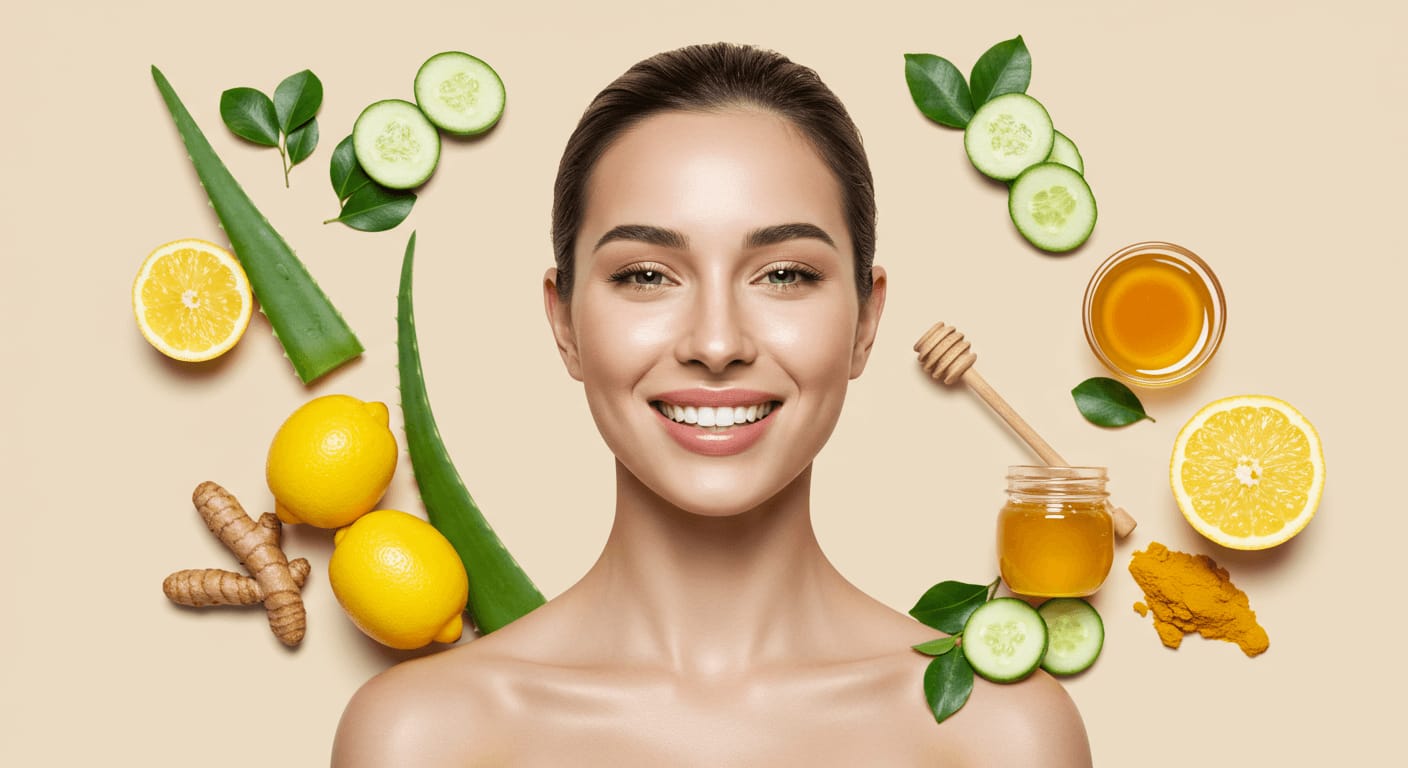

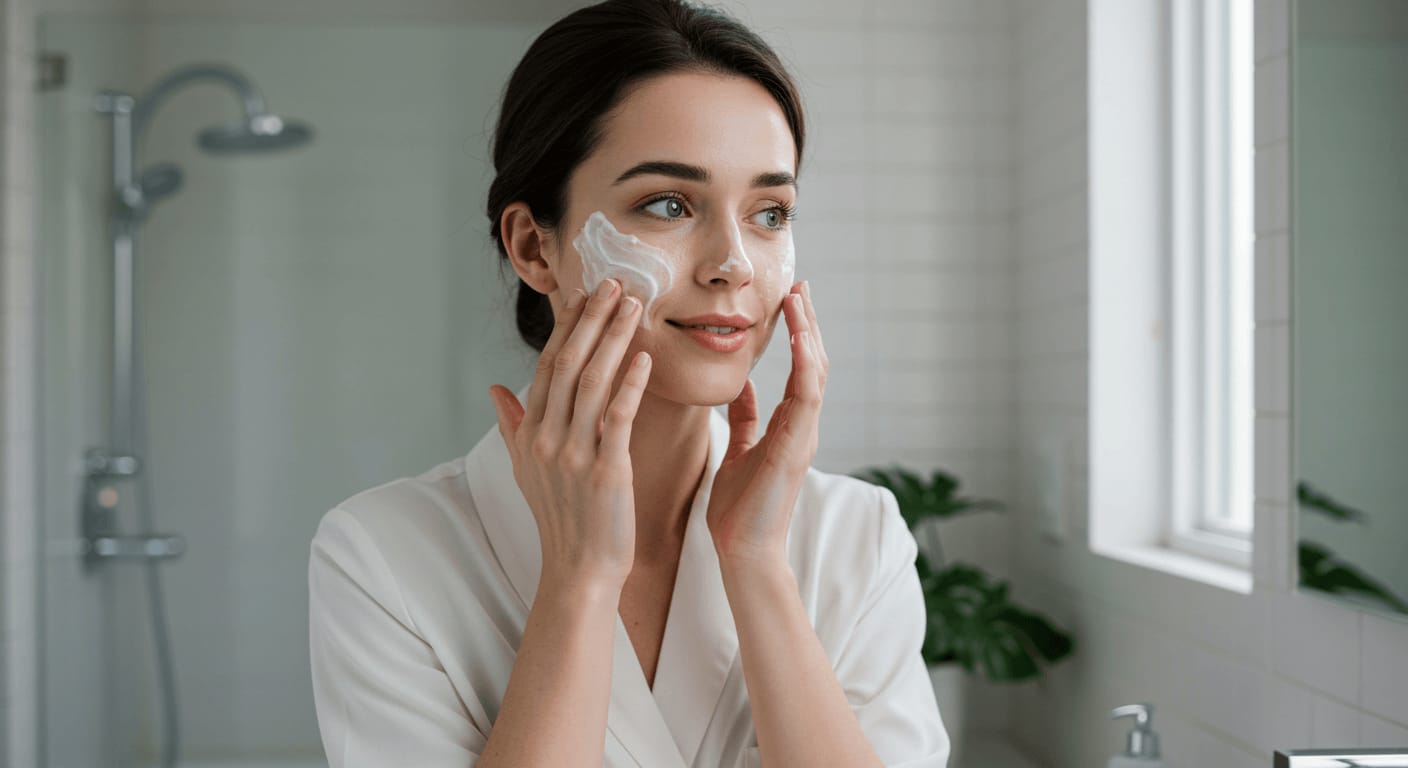








0 Comments